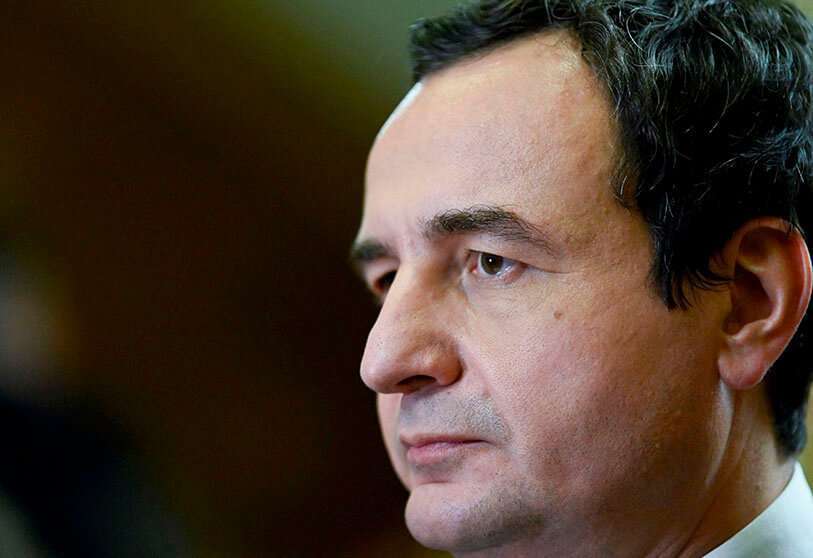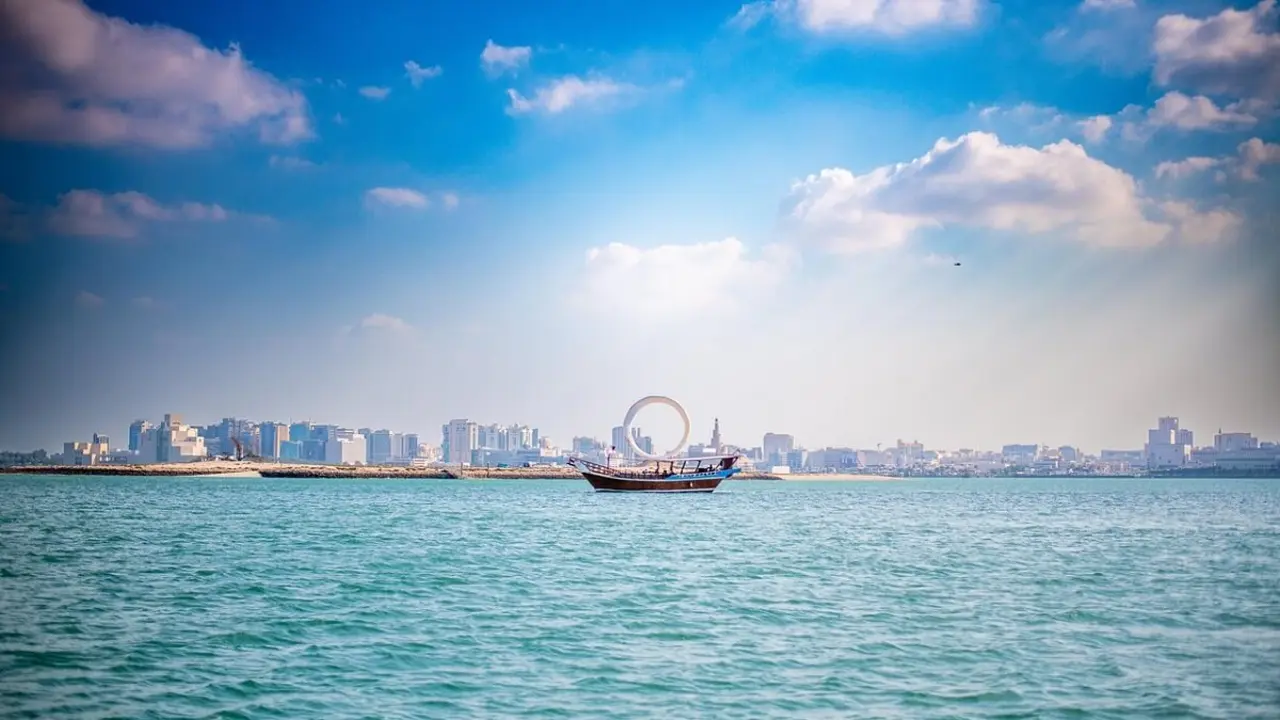Spain-Kosovo: a match of diplomatic tensions

The Spanish national football team will face the national team of Kosovo tomorrow, Wednesday, in a match that will be used to decide whether or not to get closer to the World Cup to be held in Qatar in 2022. Luis Enrique's side come from a win over Georgia in a match that left a bad feeling, despite the three points thanks to goals from Ferrán Torres at the start of the second half and, above all, Dani Olmo's goal - with the invaluable help of the Georgian goalkeeper, Giorgi Loria - on the stroke of half-time to put the final 1-2 on the scoreboard. A dull, horizontal game that does not give cause for optimism about a team that aspires to fight toe-to-toe with the best teams on the continent at the European Championship in less than three months' time.
The coach has a complicated task not only for the Kosovo match, but also for the future of a team that does not yet have the necessary pieces to play what Luis Enrique wants, nor does the coach himself know what he wants his players to play. Talents such as Pedri, Bryan Gil and Ansu Fati, should he overcome his meniscus injury, need a project that can compete with the best teams in the world. These youngsters, who seem destined to make the front pages of the international sporting press in the not too distant future, need a team that can exploit their virtues to the maximum and, at the moment, Luis Enrique's Spain does not seem to be the most suitable team for them, nor to compete with the France, Germany, Portugal or England that are coming on so strongly.

The match against the Kosovar team has a double complexity. The confrontation between Spain and Kosovo is not confined to the field of play. The Spanish government has not recognised the country, which achieved independence unilaterally in 2008. Within the European Union, five countries have yet to recognise Kosovo as an independent state: Greece, Romania, Slovakia and Cyprus, in addition to Spain. The unilateral declaration of independence to Serbia by the Kosovars makes it impossible for a country such as Spain to recognise its sovereignty, due to the Catalan conflict.

Recognising Kosovo would unleash a new political earthquake in Spain, as demands for independence from Catalonia's separatist sectors would escalate and further agitate the country's political landscape. If the situation has already been complicated in recent times by the motions of censure in the Region of Murcia and Castilla y León, the recognition of a country that achieved its independence in a violent and unilateral manner would end up dynamiting a situation that, as the weeks go by, will continue to become more tense as the regional elections in the Community of Madrid, called by President Isabel Díaz Ayuso for Tuesday 4 May, draw nearer.

The division over Kosovo's recognition is a debate that transcends all borders. Although within the European Union almost all countries have recognised Kosovo, there are more than 50 countries around the world that have not yet done so - including China and Russia. In the international arena, however, there is a wide margin between those who do not recognise it and those who do. More than 100 have given their approval to Kosovo's independence, with Israel as a major ally. In fact, on Thursday 25 March, the European Parliament again called on the five countries that have not yet recognised Kosovo's independence to do so, arguing that "Kosovo's independence is irreversible and its recognition would be beneficial for the normalisation of relations between Kosovo and Serbia and would improve and consolidate stability in the region and facilitate the European integration of both". However, Spain continues not to recognise it due to the votes against of the Partido Popular and Unidas Podemos, the abstentions of PSOE and Ciudadanos, and despite the votes in favour of ERC, En Comú Podem, Junts per Cat and, surprisingly, Vox.








